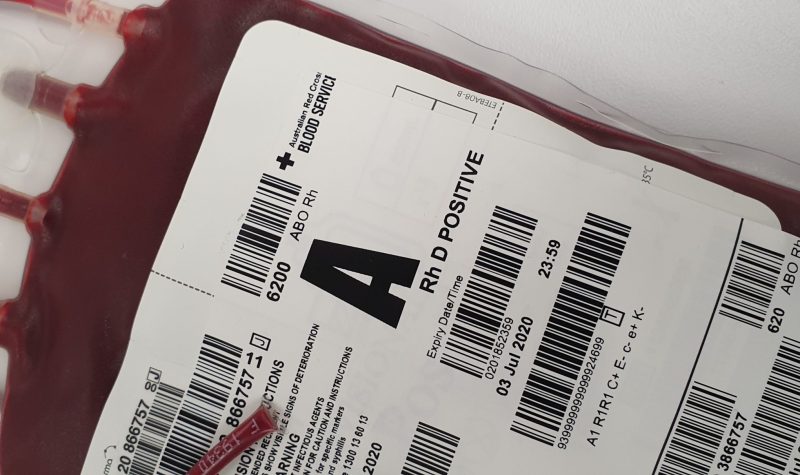According to a report earlier this year by Canadian Blood Services, the number of people who donate regularly has decreased by 31,000 since the start of the COVID-19 pandemic.
Non-profit organization Canadian Blood Services said their clinic has noticed an increase in cancellations due to late cancellations or sickness, and that it will be a challenge to get donations around the winter and Christmas holidays.
"We have 350 open appointments available between Dec. 22- Dec. 31, which is a huge amount of appointments, and probably one of our worst prepared Christmases that I've seen in a long time," said Kathy Gracie, CBS Associate Director of Donor Relations.

Kathy Gracie is the associate director of Donor Relations at Canadian Blood Services. Photo contributed.
Challenges such as respiratory illnesses including RSV, flu and COVID are making it difficult for donors to keep their appointments.
"Now is the time for us to get out in front and ask people to make blood donation a part of your holiday season this year," she added.
Regular blood donations are needed to ensure platelets are available. Platelets are a vital blood component with a shelf life of only seven days, and are commonly used to treat cancer patients.
"The need for blood never ends," she added.
Men are able to donate blood once every 56 days and women can donate once every 84 days with CBS.
Gracie said booking an appointment online is available and that the donation process takes about an hour from start to finish. She said students interested in booking an appointment can do so through their online application or by calling 1-888 to donate.
Gracie said it is important to be well hydrated a few days prior to the donation as it helps with the bleeding process, as well as eating some high-iron foods and salty snacks and bringing a government-issued ID.
Cancer patients, accident victims, and people with rare, life-threatening, chronic, and genetic conditions rely on blood, platelets, and plasma donations every day.
"We're always looking for new donors, and more importantly, we're looking for the younger generation to come on out and donate. Every 56 and 84 days, come on out and donate and make it part of a lifestyle change and really appreciate the gift that you give to people because it is amazing," added Gracie.
If students are unable to donate during the holidays, annually, CBS hold blood donor clinics on the Dalhousie campus twice a year and will be returning on Feb. 28, Mar.1, and Mar.2.
Listen to the full CKDU interview below:


